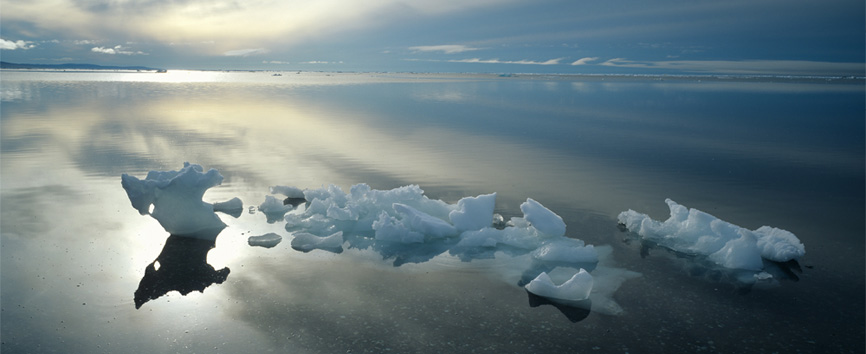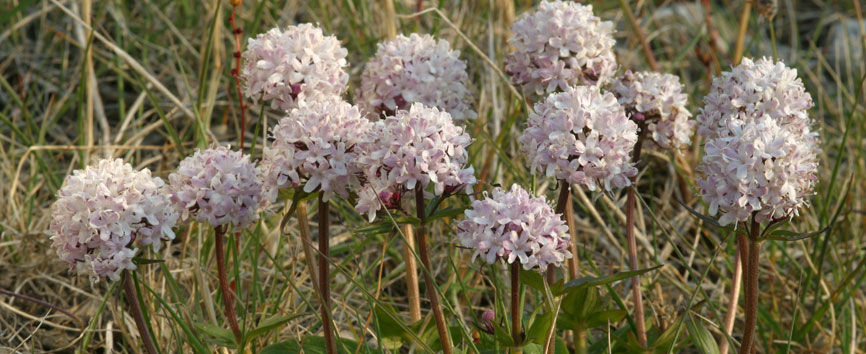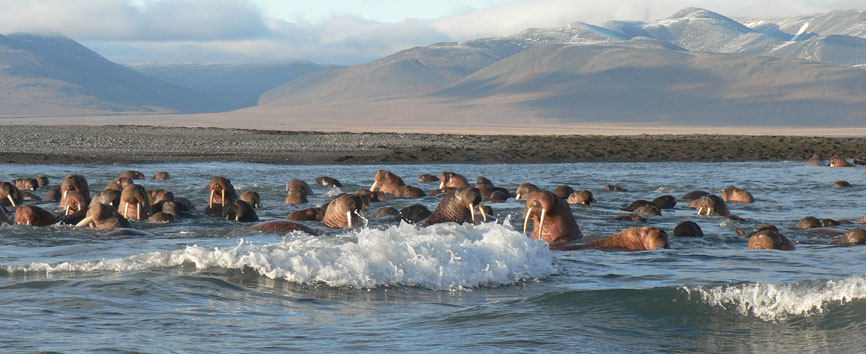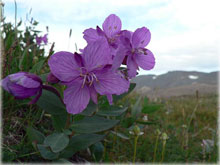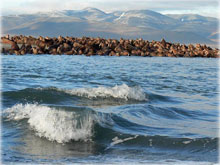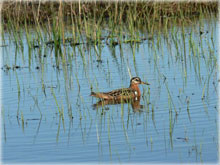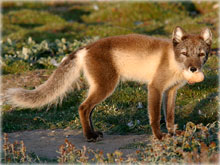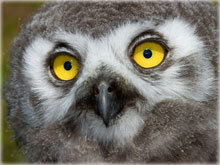Ministry of Natural Resources and Ecology of the Russian Federation
Federal State Budget Institution
“State Nature Reserve “Wrangel Island””
| Address: |
689400, Kuvaeva street, 23, Pevek city
Chukotka Autonomous Region |
 |
| Fax/Tel.: | (427-37) 4-15-35 |
| Tel.: | (427-37) 4-15-12 |
| E-mail: |
islandwrangel@mail.ru |
| Director: | Alexander Gruzdev; |
| E-mail: |
gruzdevar@mail.ru |
 HOW TO GET TO THE NATURE RESERVE
HOW TO GET TO THE NATURE RESERVE
Dear guests of the reserve!
When planning a trip and choosing a tour, be careful: the administration of the reserve doesn’t take responsibility for the information posted on third-party sites. You can familiarize yourselves with the current ecological routes, regulations for receiving cruise ships, the order of paperwork, as well as additional services provided by the administration of the reserve on the official website in the section "Educational Tourism" (http://ostrovwrangelya.org/turizm.html) or directly in the office of the reserve.
Dear guests of the reserve!
In the framework of the 50th anniversary of the World Heritage Convention in 2022, UNESCO has launched a year-long programme to galvanize profound reflections on the future of heritage titled “The Next 50: World Heritage as a source of resilience, humanity and innovation.” As part of this effort, UNESCO is partnering with The Conversation to commission articles and podcasts on key thematic areas. You can learn more about the process here.

Avoid an unexpected encounter with the polar bear!
If you know that polar bears happen to meet in the area, make sure that there are no bears or their traces nearby before leaving the building!
You should look around carefully and pay special attention to the places around the buildings. It is important that you notice the bear as early as possible, especially when visibility is limited.
Being in a place where a polar bear can be seen under the influence of alcohol is a high risk factor for a fatal conflict situation!
When you meet a female bear with cubs of any age, you should never allow yourself to be between the female bear and the cub! Otherwise, she will react and attack you immediately to protect her offspring.
As a rule,the danger to humans is caused by exhausted hungry animals. They are old animals that have lost the ability to succeed in getting their usual food and young bears that have not mastered the art of hunting yet. In addition, polar bears become aggressive when they are chased or suddenly encounter a human.
Do not chase the animal! When you see a polar bear, try to leave it unnoticed or wait until it leaves on its own. It is strictly prohibited to approach a polar bear for taking pictures!
The climate is changing and the ice cover is decreasing. As a result, it is only natural that polar bears often come ashore. Due to the lack of familiar feeding facilities, bears are able to change their feeding requirements for remains of marine mammals, fish, eggs and chicks and some vertebrates, as well as seaweed and grass.
On land, the polar bear travels lots of kilometers along the coast, and any potential source of food attracts its attention, from hunting remains and human food wastes to human beings as well.
In the case of accidents, an animal attack often turns out to be provoked by humans. This is caused by ignorance of the animal's habits, feeding, taking photographs at close range, lack of fear and attempts to get close to the animal. Despite their seeming peacefulness and caution, polar bears are extremely dangerous predators, and anyone can become a victim of their attack!

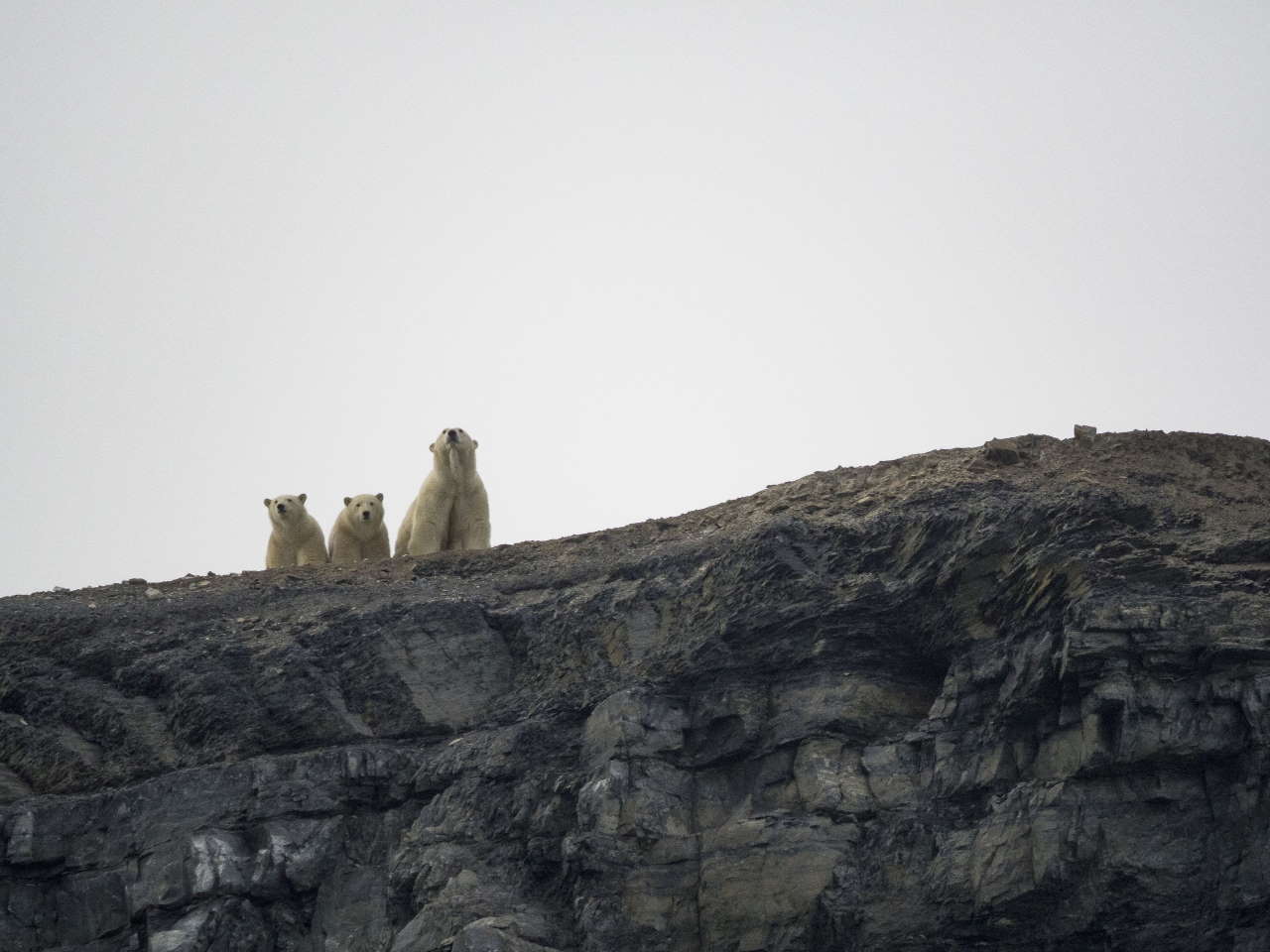

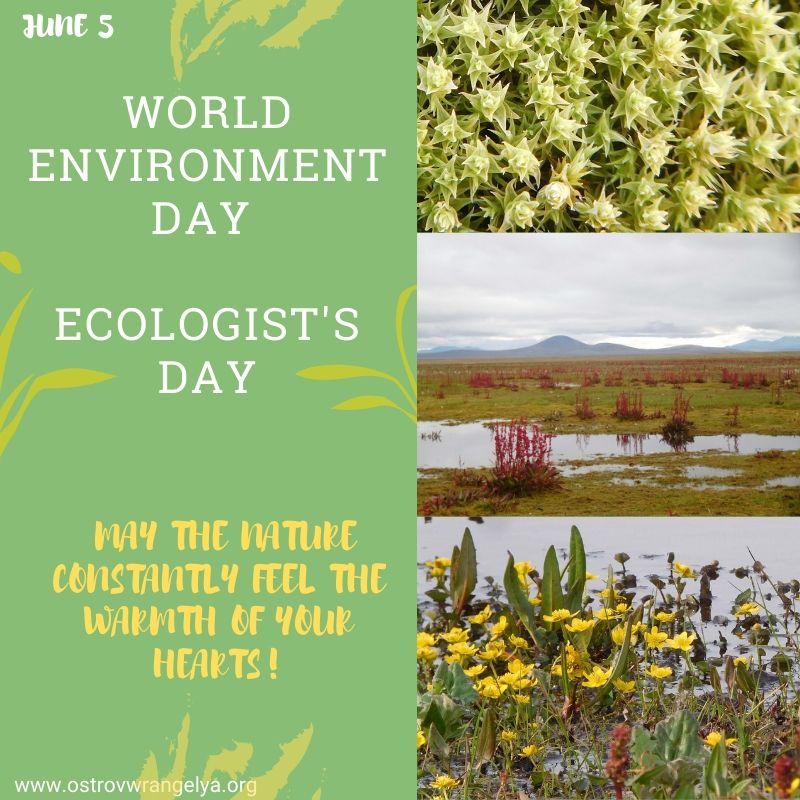
On June 5, Ecologist's Day and World Environment Day are celebrated in Russia.
First of all, this holiday is dedicated to employees of important and difficult professions whose tasks are to protect the environment, animals and plants, reduce the negative impact of anthropogenic factors on the environment, the discovery and introduction of new environmentally friendly technologies and products, bringing to justice violators of environmental laws. The most important strategic direction for Russian environmentalists is to maintain a balance between economic development and environmental protection.
This is only possible under conditions of conducting a competent state environmental policy.However, conservation of wildlife in specially protected areas is an extremely important and noble task.
It requires a large number of supporters and just people who understand the importance of conservation of natural model sites, their comprehensive scientific study, organization of environmental education and familiarization of visitors with the specific characteristics of these sites.
But the holiday also concerns all those who care about the word "ecology", who see themselves in the world free from waste dumps, smoky sky, trapped in plastic trash animals, oil and plastic islands and much more.
All those who care about environmental protection, who while going out to nature will take the garbage with them, will convince friends not to go fishing during the spawning season of fish, will tell friends and neighbors how to collect trash in a separate and proper way, will clean the area around their home from trash. They take real steps that may seem invisible. But it is they that bring real results.
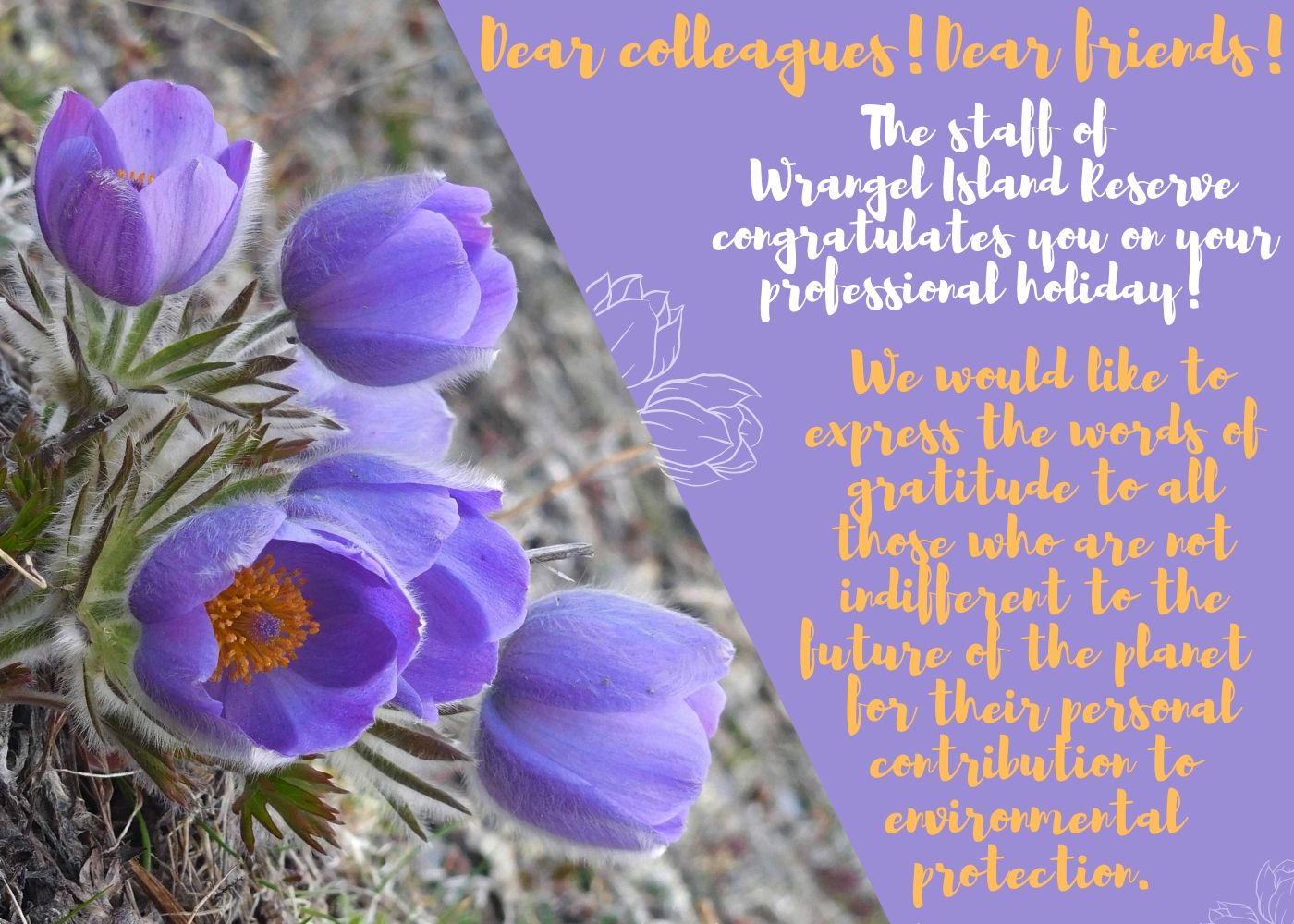
Dear colleagues, dear friends!
The staff of Wrangel Island Reserve congratulates you on your professional holiday!We would like to express the words of gratitude to all those who are not indifferent to the future of the planet for their personal contribution to environmental protection.
We wish all those who have linked their lives with the important and noble activity in the field of nature protection, to realize their plans, to achieve their goals and to get high results in our common business.
May all your efforts directed at nature protection and environmental recovery be useful! May the Nature constantly feel the warmth of your hearts!
"Wildlife of Wrangel Island. Vascular plants: an illustrated atlas
"Wrangel Island State Nature Reserve has published the first book in the series "Wildlife of Wrangel Island". The books will contain illustrated essays on the entomofauna and fauna of vertebrate animals, birds and mammals.
The plant atlas includes 291 essays with photos of 296 species and subspecies of vascular plants , both ubiquitous and endemic in the Arctis. For each species you can find photоs, a brief description of the appearance, information on the habitats and distribution, including those of species on Wrangel Island
A complete list of the vascular plants of Wrangel Island, 383 species and subspecies, is also cited, with an indication of their encounters in the most studied areas of the island.
The book is intended for a general public. These are broad specialists in botany, geographers, ecologists, experts in environmental protection, tourists and local historians, as well as anyone interested in the Arctic.
The collection was edited together with V.L. Komarov Botanical Institute and A.N. Severtsov Institute of Ecology and Evolution at the Russian Academy of Sciences.



















